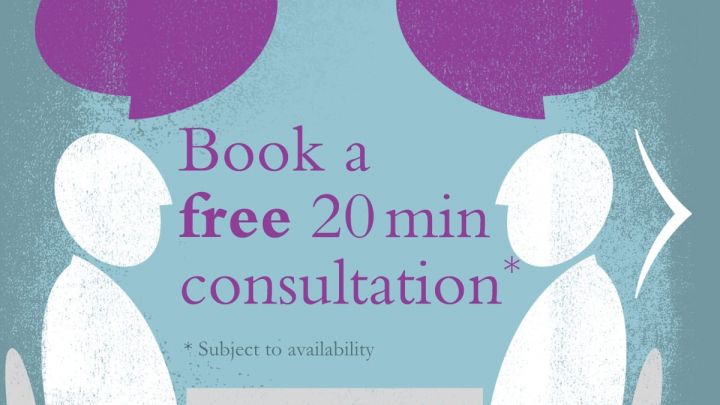
Splitting a House When Not Married
September 2025
Buying a house together is a big step for any couple. But when couples are not married and the relationship comes to an end, questions often arise about who gets what and how the property will be divided. In England and Wales, the law treats unmarried couples very differently from married couples, and the outcome depends largely on how the property is owned and what financial arrangements have been made.

This summary provides general information and does not constitute legal advice on any individual circumstances.
The Myth of Common Law Marriage
One of the biggest misconceptions is that couples who live together long enough gain rights similar to those of married couples through so-called “common law marriage.” In England and Wales, this is a myth. Cohabiting partners do not automatically have rights over each other’s property, no matter how long they have been together. This means that what happens to the house depends entirely on how it is legally owned and whether there are any agreements in place.
If the House Is in Joint Names
When a property is bought in joint names, there are usually two ways it can be owned: joint tenants or tenants in common. If the property is owned as joint tenants, both partners own it equally, so the equity is normally split 50/50 if the property is sold, regardless of who paid what. If it is owned as tenants in common, each partner’s share can be set out in specific proportions, which might reflect unequal contributions such as a larger deposit from one side.
If the House Is in One Name Only
Where the property is legally owned by just one partner, the other does not automatically have a right to it, even if they have lived there for years. In some cases, the partner who is not named on the deeds may be able to make a claim if they can show they contributed financially and that there was a shared understanding that they would have a stake in the home. However, these claims can be complex, costly, and uncertain.
Deposits and Family Contributions
It is increasingly common for parents or family members to help couples with deposits. If your contribution or your partner’s deposit is not recorded properly, it may be at risk if the relationship ends. A declaration of trust is a document that can clearly set out how much each person has put in and how the equity should be divided. Without this kind of record, it can be very difficult to recover a contribution later on.
The Role of Cohabitation Agreements
A cohabitation agreement can provide even greater protection. This is a written agreement between partners that sets out how property, finances, and responsibilities will be managed both during the relationship and if it ends. While it may not be the most romantic document, it can save a lot of stress and expense in the future. Courts are more likely to uphold an agreement that has been properly prepared with legal advice and is fair to both parties.
Why Clarity Matters
Breakups are difficult enough without the added uncertainty of financial disputes. Understanding how the law works, and putting the right agreements in place at the start, can make the process much clearer if things don’t work out. It also helps avoid misunderstandings and provides peace of mind that each partner’s contributions are properly recognised.
Looking Ahead
If you or someone you care about is buying a house with a partner outside marriage, it is important to think carefully about ownership, deposits, and agreements. Taking these steps now can protect both partners if the relationship later comes to an end.
How Can Fullers Help?
At Fullers Family Law, we understand that finding a solicitor that you feel understands your own specific situation can be a daunting task. So, you can book a free call back with us here.
We have also created a series of fixed-price consultation meetings with a full ‘no questions asked’ money-back guarantee' promise.
For an initial discussion and a no-obligation quote, get in touch with us today by simply calling us on 01234 371478, filling in the contact form below, or emailing us at enquiries@fullersfamilylaw.com and a member of our team will get back to you.

